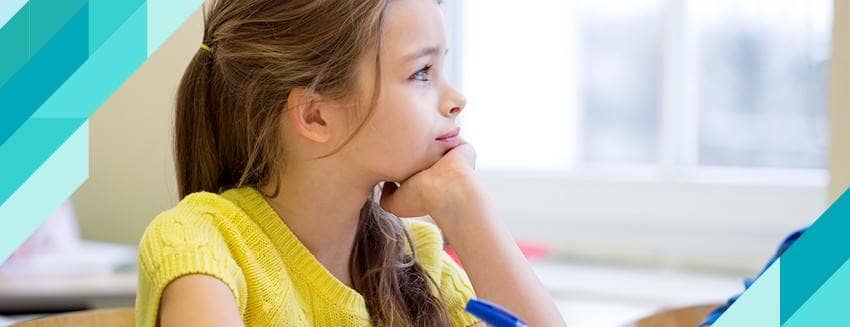
Students who continued their education remotely due to the intense pandemic period are starting the new academic year with the end of the summer vacation. Stating that children who have been away from school for months due to the pandemic may experience adaptation problems, experts point out that emotions such as anger, anxiety and unhappiness may also be seen.
Üsküdar University NP Feneryolu Medical Center Clinical Psychologist Duygu Barlas stated that students who cannot go to school for a long time due to the pandemic may experience adaptation problems and emotional changes after the summer break.
Change in the classroom environment may cause adaptation problems
Reminding that face-to-face education will start on September 21 with the announcement made by the Ministry of National Education, Duygu Barlas said that the opening of schools after a long break may bring along various adaptation problems in children. Barlas said, "First of all, the child who has been away from the formal education system for months can be expected to experience difficulties in adapting to the classroom environment again as the environment of participation in the lesson will change. The child who is used to listening to lessons in front of the computer at home may have difficulties in the process of returning to the classroom environment and the rules of the classroom."
It may take time to adapt
"If the distance between the child's school and home is long, the child will face a situation such as traveling a long distance to reach the school again," Duygu Barlas said:
"Therefore, a child who has been accessing education via computer for a while may have to cope with a stressor such as traffic again. In addition, since the distance between school and home was eliminated during the pandemic, the child's waking time for education had also changed. The child who is now expected to wake up at an earlier time again will take time to adapt to this issue. Thirdly, there is the problem of adaptation to long school hours."
May be angry, anxious and unhappy
Stating that children with various adaptation problems may have complexity in their emotions, Barlas said, "Emotions such as anger, anxiety and unhappiness may be seen. At younger ages, sleep problems, irritability and crying spells may also come to the fore. These emotions and behaviors may initially be considered natural in children who are trying to adapt to a new situation again. However, it is expected that adaptation will take place over time and negative emotions and negative behaviors will decrease. When a decrease is not observed, it is strongly recommended to seek professional help."
Children should be asked how they feel
Specialist Clinical Psychologist Duygu Barlas said that parents who struggled for their children to adapt to distance education during the pandemic process should now support their children to adapt to school again.
Barlas listed her advice to parents as follows:
- They should accept that the emotions and behaviors their children experience while adapting to a new situation are natural in the beginning,
- They should talk to their children about this at least one week before school starts,
- When talking about the topic, they should always ask their children how they feel and show them that they accept their feelings,
- When discussing the opening of school with their children, they should also discuss possible difficulties and how they can be solved,
- They should discuss and implement small changes to help their children adapt to their new routine before school starts,
- They should start the transition to the new order with small changes,
- Getting their children's opinions when discussing the new order will increase child-parent cooperation and facilitate the adaptation process,
- If possible, teachers should be contacted for adaptation to the classroom.








